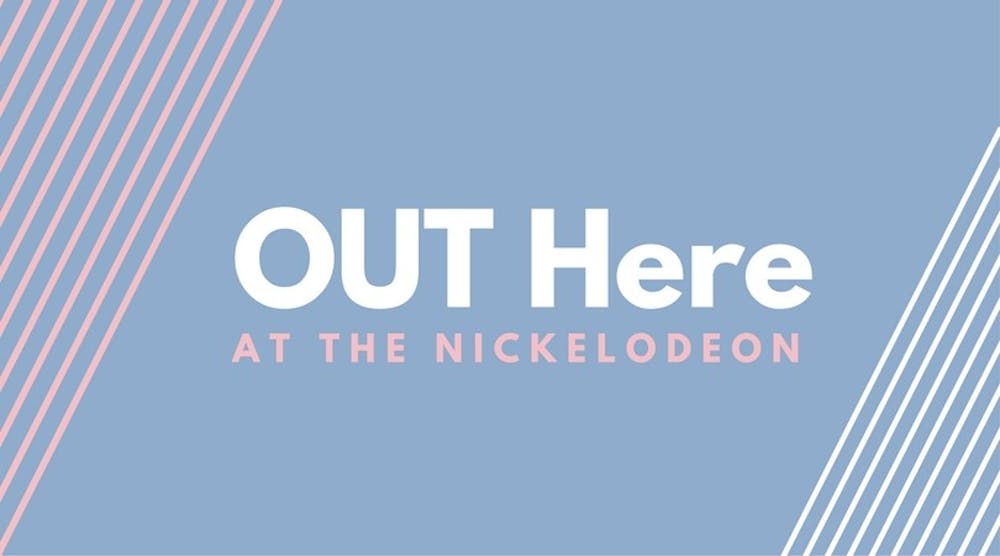The OUT Here film series is hosted by the Nickelodeon right here in Columbia, South Carolina. OUT Here is a community-curated monthly LGBTQ+ film series meant to answer the questions: "What was the first gay film you saw? What was the first gay film that changed your life, made you laugh, broke your heart, lifted your imagination, gave you hope?" The series began in April and still has two more showings in October and November. Titles of the films and the dates and times of their showings can be found on the Nickelodeon OUT Here page on their website. Below is a review of the first film in the series, "Mosquita y Mari."
“Mosquita y Mari” (2012), directed by Aurora Guerrero, is a movie about two Chicana high schoolers: Yolanda (played by Fenessa Pineda) and Mari (Venecia Troncoso), whose bond goes far beyond friendship into a territory neither quite understand how to navigate. It was chosen to be shown by Mahkia Greene and Take Break Make, an after-school program created to empower LGBTQ+ high school student storytellers in the midlands through new media. Greene leads this program.
One of the major points of this film series is representation. In Greene’s words: “I’m a black queer woman in the south. Growing up, I didn’t see movies about that, but now I see movies like 'Pariah' (2011), like 'Moonlight' (2016), where I can see myself represented on the big screen, and it was life changing. And I think that’s why representation is important, because it can spark a flame in another filmmaker, a young filmmaker.”
The importance of the representation shown in “Mosquita y Mari” can’t be ignored. The two leading girls are both young and from Mexican descent, which was important to Greene because “a lot of times, queer films don’t focus on queer youth at all, so they’re kind of left out of the conversation about queer history and about queer life itself. And when we do talk about queer youth, it’s usually white queer youth, like a white gay teenager struggling with coming out.” But another unexpected form of representation was the complexity of Yolanda and Mari’s relationship. Often, LGBTQ+ youth are also left out of the conversation because queerness itself is oversexualized. “We think it’s something raunchy, something R rated,” says Greene. “So a lot of times we think it's something too much for kids to handle. When in fact there are queer youth. And we want them to have representation.”
Yolanda and Mari’s relationship is complex in the film because sex is not a factor in their connection or desire for each other whatsoever. In fact, they don’t even kiss in the film. But they don’t need to. The affection they have for one another is sincere and obvious through the time spent together, their care for each other’s well-being, and the sheer talent of Pineda and Troncoso.
This is Take Make Break’s third year of helping LGBTQ+ youth here in South Carolina. Each year the students and Greene have attended the Creating Change conference, a premier annual event hosted by the The National Conference for LGBTQ+ Equality. It is the biggest LGBTQ+ conference in the country, and last year the Take Make Break team got to present the program. Take Break Make becomes bigger and more impactful each year, inspiring students to create art that explores the facets of their identities and subverts the normal ideas of who gets to have movies made about them, who gets to have their stories told. As stated by Greene, “I want my students to think about what we don’t see in the media and why we don’t see it. And I want us to take that, break it and make something new.”



